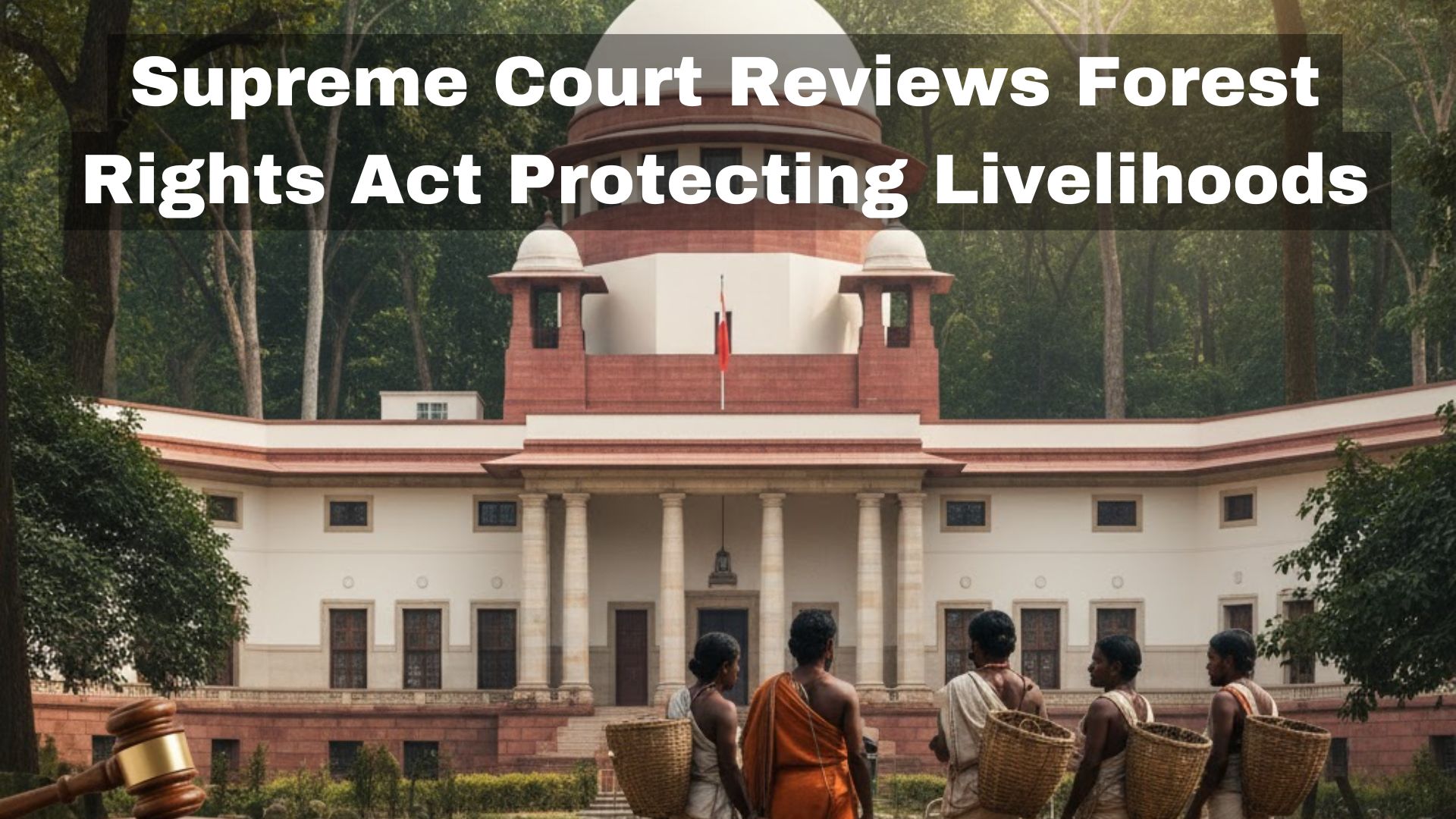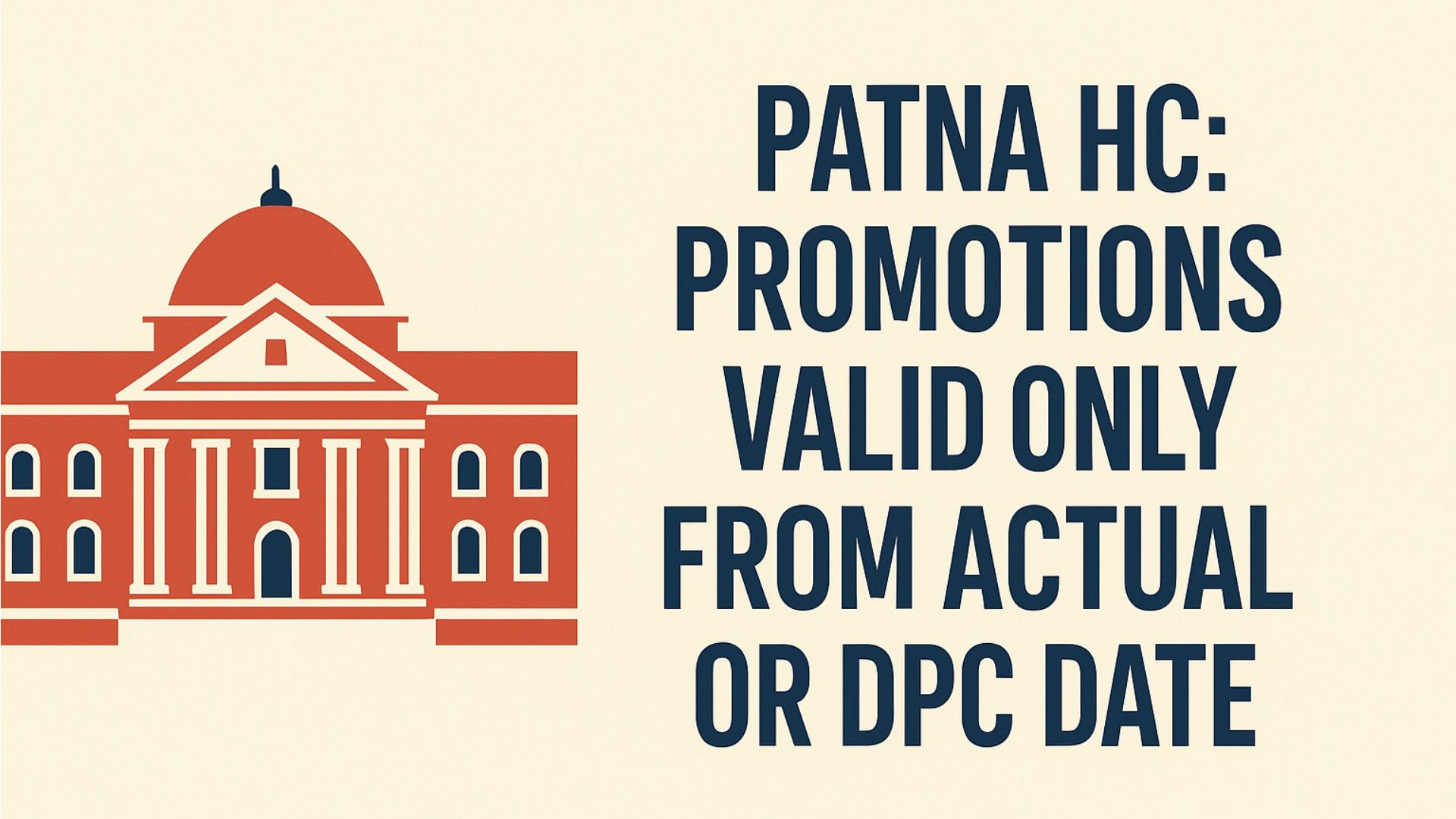Prasenjit Mandal, J.@mdashThis application is at the instance of the plaintiffs and is filed against the Order No. 1 dated April 19, 2013 passed by
the learned Civil Judge (Senior Division), 1st Court, Contai in Misc. Appeal No. 15 of 2013 thereby refusing the prayer for ad interim order of
injunction. The plaintiffs/appellants/petitioners herein instituted the aforesaid suit against the defendants/opposite parties herein for declaration of
title to the extent of half share of the ''Ka'' schedule property by way of inheritance, permanent injunction and other reliefs before the learned Trial
Judge. At the time of filing of the said suit, they prayed for temporary injunction along with a prayer for ad interim order of injunction. The learned
Trial Judge granted ad interim order of injunction by way of status quo. But, while disposing of the application, the learned Trial Judge rejected the
prayer for temporary injunction.
2. Being aggrieved by the said order of rejection, the plaintiffs preferred a misc. appeal being Misc. Appeal No. 15 of 2013. They also prayed ad
interim order of injunction again and that prayer was refused by the First Appellate Court. Being aggrieved, this application has been preferred.
3. Now, the question is whether the petitioners are entitled to get any kind of relief as prayed for in the application for temporary injunction.
4. Upon hearing the learned Counsel for the parties and on going through the materials on record, I find that it is not in dispute that one
Ghanashyam Pahari, since deceased, was the original owner of the ''Ka'' schedule property. He left four sons, namely, Padmalochan, Baidyanath,
Gobinda and Shibprasad. The plaintiffs are the descendants of Padmalochan and similarly, defendant nos. 1, 2 & 3 are the descendants of
Badiyanath. Gobinda died bachelor and his share devolved upon the rest heirs/descendants of Ghanashyam Pahari. Shibprasad had one son,
namely, Debabrata and his wife was Sabitri. Debabrata died living his wife Sabitri, but they had no issue. After the death of Sabitri, the property
originally inherited by Shibprasad devolved upon the heirs/descendants of Padmalochan and Baidyanath meaning thereby each branch of them had
50% share in the suit property.
5. On the basis of that above contention, the plaintiffs have claimed declaration of title over half share of the suit property left by Sabitri. The
defendants have denied such contentions of the plaintiffs.
6. From the above analogy, it is evident that the plaintiffs/appellants/petitioners herein are the descendants of Padmalochan. Of course, the
contesting defendant nos. 1, 2 & 3 have denied such contention and that has to be considered at the time of trial.
7. What I find from the genealogy as submitted on behalf of the plaintiffs, the plaintiffs have filed the copy of the judgment of Title Appeal Nos. 293
& 294 of 1975 passed by the learned Additional District Judge, Midnapur thereby affirming the judgment and decree passed in the Title Suit No.
118 of 1972 over the property left by Debabrata and on the basis of such judgment of the First Appellate Court, the plaintiffs have contended that
they have 50% share in respect of the property left by Sabitri. The copy of the judgment of the First Appellate Court is annexed as Annexure P-6
at page no. 58.
8. Thus, from the contention of the plaintiffs supported by the documentary evidence, it is evident that the plaintiffs have shown prima facie case to
go for trial.
9. On the other hand, the defendant nos. 1, 2 & 3 have contended that they entered into an agreement with the defendant no. 4 and thus, the
defendant no. 4 would be entitled to make excavation of sand from the ''Ka'' schedule property. They have claimed the entire 16 anna share in
respect of the ''Ka'' schedule property and the defendant no. 4 has contended that he is entitled to make excavation by way of the agreement
between the defendant nos. 1, 2 & 3 on one hand and the defendant no. 4 (himself).
10. Thus, prima facie it appears that a triable issue has been set out in the suit. If the injunction as prayed for is not granted and if the excavation of
sand from the ''Ka'' schedule land is made by the defendant no. 4, then certainly the nature and character of the suit property is bound to change.
So, the balance of convenience in granting injunction is, prima facie, in favour of the plaintiffs. If the relief as sought for is not granted, it is the
plaintiffs who are prima facie to suffer irreparable loss as the defendant no. 4 would then be able to excavate sand from the ''Ka'' schedule
property causing the change the nature and character of the suit land. So, if ultimately the plaintiffs succeed in the suit, by that time, the nature and
character of the ''Ka'' schedule property are likely to be changed and in that case, the plaintiffs may suffer irreparable loss.
11. Having considered the above facts and circumstances and also the fact that the plaintiffs/appellants/petitioners herein enjoyed an order of status
quo by way of interim order of injunction, I am of the view that the said order of status quo in respect of the suit property as it stands today should
be renewed with effect from date till the disposal of the misc. appeal.
12. Anyway, since the appeal is ready for hearing, the First Appellate Court should be directed to dispose of the said misc. appeal by the end of
November, 2013.
13. The application, therefore, succeeds.
14. Both the parties are directed to maintain status quo in respect of the ''Ka'' schedule property as it stands today till the disposal of the misc.
appeal. The learned First Appellate Court is directed to dispose of the said misc. appeal by the end of November, 2013 without fail.
15. It is also recorded that the above findings have been made for the disposal of this revisional application only and the First Appellate Court
without being swayed away by my above findings, shall dispose of the said misc. appeal on the basis of the materials placed before him by the
parties in support of their respective contentions.
16. Considering the circumstances, there will be no order as to costs. Urgent xerox certified copy of this order, if applied for, be supplied to the
learned Advocates for the parties on their usual undertaking.

